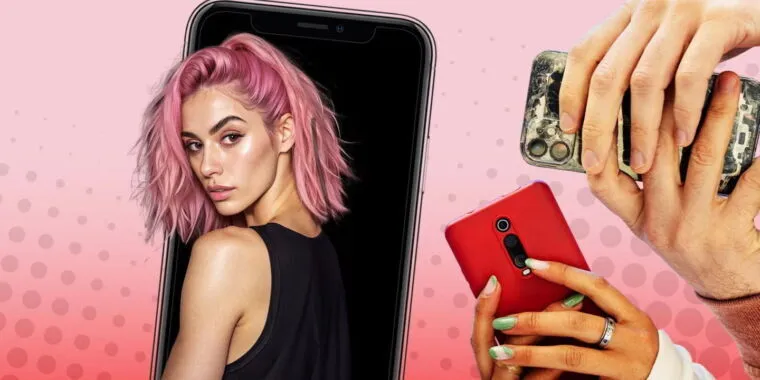AI-created “virtual influencers” are stealing business from humans
AI-created “virtual influencers” are stealing business from humans

arstechnica.com
AI-created “virtual influencers” are stealing business from humans

AI-created “virtual influencers” are stealing business from humans::Brands are turning to hyper-realistic, AI-generated influencers for promotions.